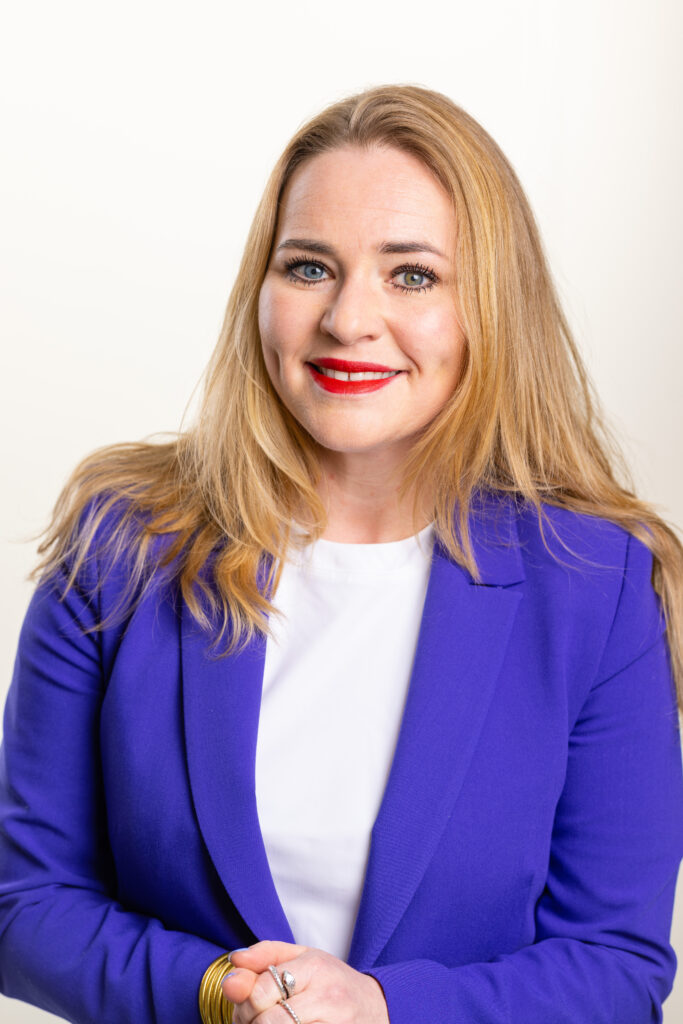Individuals, couples and families who left the ‘comfort’ of their home for study, work, love or simply for adventure all agree that living abroad can be both exhilarating and challenging at the same time. Learning about new cultures and customs, meeting new people and finding your way in a new environment all require patience, understanding and the right mindset.
Lynn Slippens, Mental Health Coach at Teladoc Health, shares insight in to her own expat experience, as well as how Teladoc Health Coaches can assist expats and expats-to-be in dealing with the possible psychological impact of moving beyond their own national borders.

Hi Lynn, how can a Mental Health Coach at Teladoc Health help service users?
Coaches at Teladoc Health are trained in helping individuals deal with a variety of personal and professional challenges. This might include stress-management, life events, selfcare, lifestyle and career challenges. With a holistic, personal approach, in a non-judgmental environment, the Coach partners with the client to explore what is going on in their life and more importantly, what needs to be given priority and where the client would like to be. By helping the client to create awareness, gain insights and by challenging and holding the client accountable, we focus on enhancing and accelerating their overall success. To ensure the best possible care, Teladoc Coaches might refer clients to more specialized help.
What can expats expect from a Teladoc Coach?
Teladoc Health provides a virtual healthcare service, meaning clients have access to our service from wherever they are. We can help clients mentally prepare for their new adventure, support them when feeling homesick or lonely and assist in finding ways to deal with challenges they face. The main objective is to help individuals navigate the complexities of living abroad. Expats can reach out for support about adapting to their new surroundings, managing transitions and overcoming challenges to thrive in their new environment.
Can you tell us a bit about your own expat adventures?
I have lived in Spain, Greece, Argentina, and the United States. All experiences were different due to cultural diversities and the stage of life I was in. It is a different experience living abroad as a student, with a partner or with children. I am grateful I got to experience all the above. I love exploring new cultures, meeting new people, and building a new life for myself. Although it hasn’t always been easy, the moment you realize you found your ‘new normal’ is empowering. I have made friends for life and created unforgettable memories that I will cherish for the rest of my life.
Do you have tips for people who are about to start their expat lives?
Make sure you have a clear understanding of ‘why’ you are moving to a foreign country. Manage your expectations. Especially when you are relocated by your employer or start a new career and family members are involved. Keep an open mind, learn about the country’s’ culture, habits, language and show up curious and respectful. It takes time to familiarize yourself with your new surroundings, but you will create an unforgettable life experience. Enjoy it!
What is difficult about living in a foreign country?
Expats might experience difficulties with the language barrier, the climate, local politics, distance to friends and family members back home, a lack of fulfilment and overall grounding. Luckily, due to social media and the ease of traveling nowadays, it is easier to stay in touch with friends and family back home. At the same time, there are expats groups and other community initiatives where it is relatively easy to meet potential new friends.
Is there a difference between moving abroad alone to with a partner/family?
Yes, there is. When moving abroad with a partner and/or children, more needs have to be met. For example, there are the logistics of housing, healthcare, children need to go to daycare, school, university and might experience difficulties of their own. A spouse that doesn’t work can have a potential relational impact as well. Communication is key. Discuss your expectations and responsibilities. Check-in with each other daily, and regularly plan fun activities together. Routines and agreements can help children/the partner with self-sustainability. Make sure you have a daily activity planned such as visiting the grocery store, a coffee place, going on a walk/bike ride, explore new areas, join a gym, apply for a language course, introduce yourself to neighbours, search for social media groups and visit local events. Building a new life doesn’t happen overnight. Trust your own process. Keep in mind that the expat life offers an opportunity for self-growth but also to grow as a couple/family.
What is the impact of not speaking the local language?
This depends on the country you relocate to. Although many people speak English, which is geographically widespread, there are still many countries where you won’t get by with just English, German or French. I always recommend people to learn the language. Start with lessons in advance, listen to local music, read ‘children’s’ books and watch movies in the language you want to learn with subtitles. You will learn to speak the language when you are there. Don’t be afraid of grammatical mistakes. People really appreciate you making the effort to learn their language!
Any last tips to people who are about to embark their expat adventure?
Living abroad gives you a lot of freedom. There is less responsibility given you live further away from friends and relatives. Truly embrace this time in your life to try out new things, meet new people and create new memories. Getting out of you comfort zone might feel scarry at times, but at the same time that’s where most personal growth happens.
Would you like to speak to a Mental Health Coach?
If you feel that Lynn or her colleagues could help you with your personal Expat adventure? Or you would like to speak to one of the coaches of Teladoc Health about any other topic, please know that this service is now made available to you by Foyer Global Health at no additional cost. Through the Ecare portal you can access this service, you can immediately request an call back in the language you prefer. Teladocs coaches are there for you.


